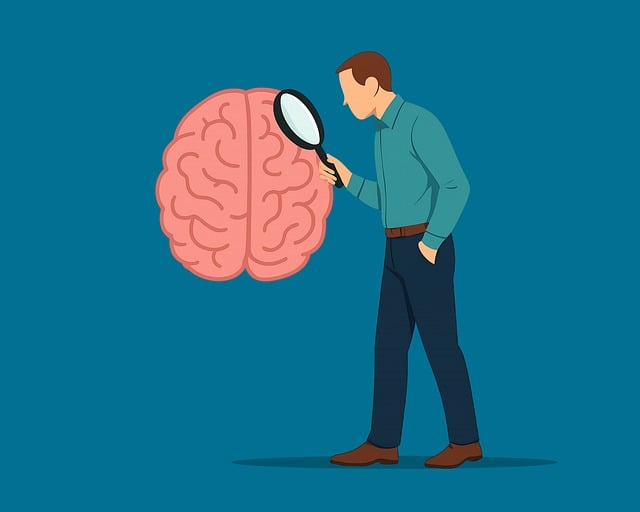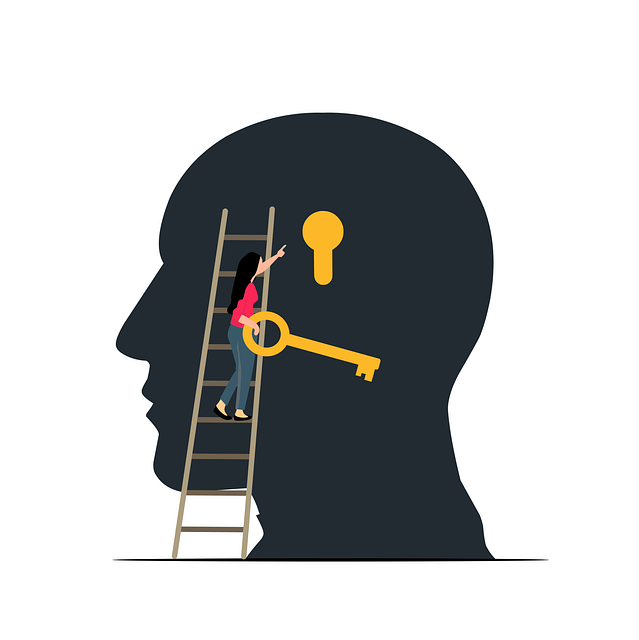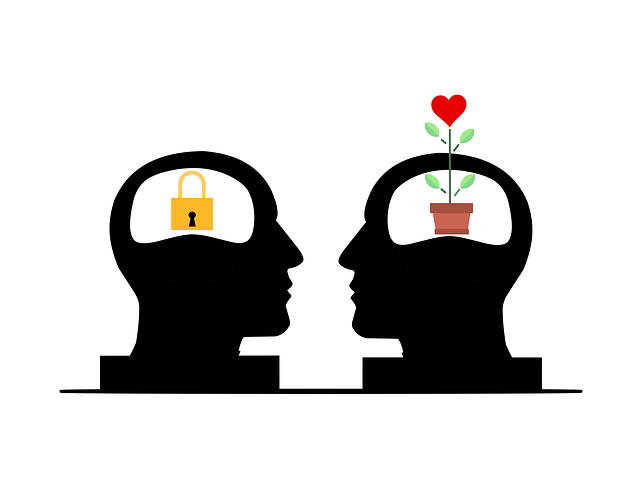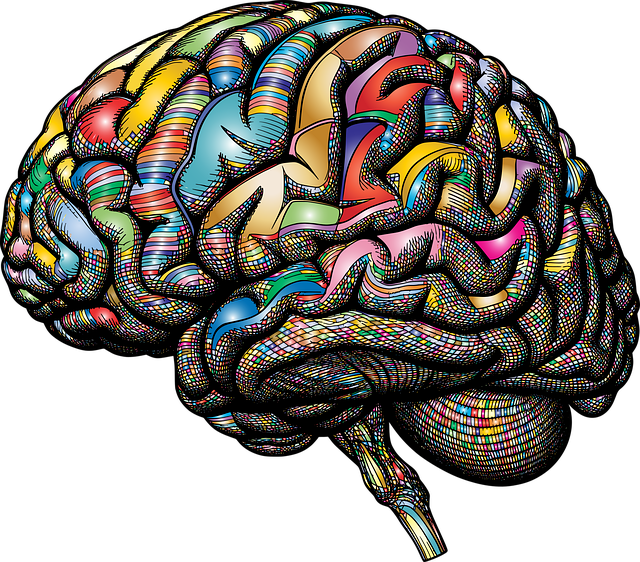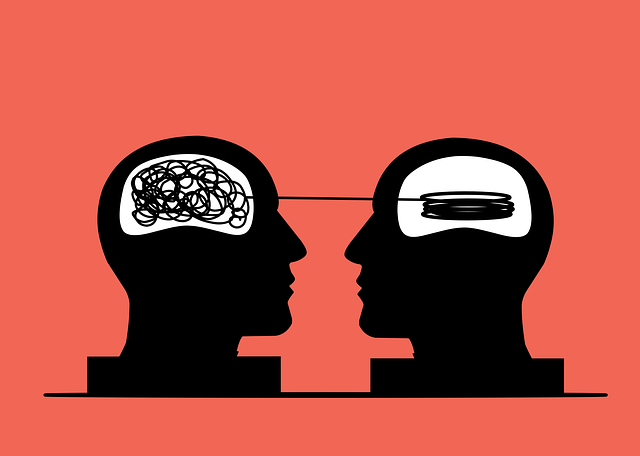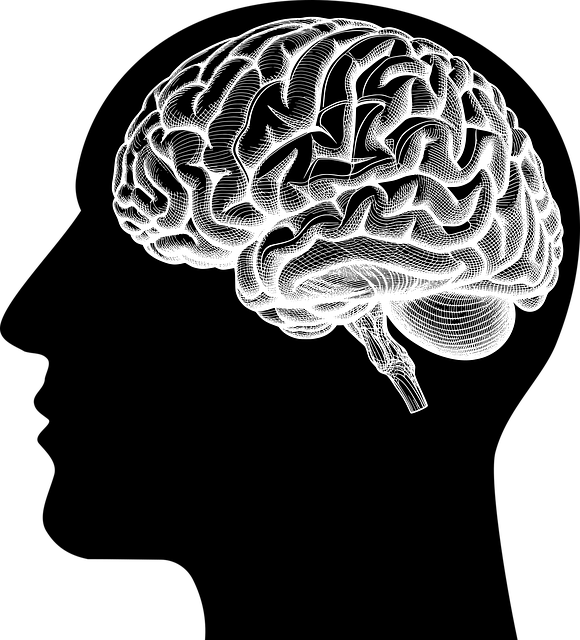Emotional Intelligence (EQ) is a powerful driver of personal growth and success across all aspects of life, from education to community engagement. Centennial Acceptance and Commitment Therapy (ACT), a leading therapeutic approach, emphasizes EQ development through acceptance, mindfulness, and committed action. ACT encourages individuals to accept emotions without judgment, fostering non-reactivity for healthy emotional regulation. By observing thoughts impartially, one gains control over responses in various situations, aiding anxiety reduction and stress management. This therapy also reduces mental illness stigma by promoting growth from mental health experiences. Practicing ACT, along with reflection and feedback, enhances self-awareness, decision-making, goal setting, and resilience, ultimately boosting well-being. Incorporating EQ into daily life involves practical strategies like ACT for better emotional regulation and compassionate interactions. Tracking progress through regular self-assessments and setting specific goals is key to cultivating EI over time.
Emotional intelligence (EI) is a powerful tool for personal growth and relationship building. In today’s fast-paced world, understanding and managing emotions effectively can significantly impact our well-being and success. This article explores the transformative power of Centennial Acceptance and Commitment Therapy (ACT), a game-changer in EI development. We’ll uncover key components to enhance EI, provide practical strategies for daily life, and guide you on measuring progress, empowering you to navigate life’s challenges with resilience and self-awareness.
- Understanding Emotional Intelligence and its Impact
- The Role of Centennial Acceptance and Commitment Therapy (ACT)
- Key Components to Build Emotional Intelligence
- Practical Strategies for Daily Life
- Measuring and Tracking Your Progress
Understanding Emotional Intelligence and its Impact

Emotional intelligence (EQ) is a powerful concept that recognizes and values the role of emotions in our lives. It involves understanding and managing one’s own feelings, as well as recognizing, interpreting, and responding appropriately to the emotions of others. This ability to navigate the complex landscape of human emotion has significant implications for personal growth and success. By fostering EQ, individuals can improve their relationships, make better decisions, and enhance overall well-being.
The impact of emotional intelligence is evident in various aspects of life, including education, work, and community engagement. For instance, a Community Outreach Program Implementation focused on Mental Health Awareness can benefit greatly from high EQ among its leaders and participants. Centennial Acceptance and Commitment Therapy (ACT), a widely recognized therapeutic approach, emphasizes the importance of emotional intelligence in achieving long-term happiness and fulfillment. ACT encourages individuals to accept their emotions, develop mindfulness, and commit to valued actions, all of which are core aspects of building and maintaining strong emotional intelligence.
The Role of Centennial Acceptance and Commitment Therapy (ACT)

Centennial Acceptance and Commitment Therapy (ACT) offers a unique approach to emotional intelligence building by focusing on acceptance, mindfulness, and commitment. This therapy encourages individuals to embrace their emotions without judgment, fostering a non-reactive mindset that is essential for healthy emotional regulation. By learning to observe thoughts and feelings without getting swept away by them, one can gain better control over their responses in various situations. ACT promotes the idea of living in the present moment, which helps reduce anxiety relief and manage stress effectively.
Furthermore, this therapy plays a significant role in Mental Illness Stigma Reduction Efforts. It empowers individuals to view their experiences with mental health issues as opportunities for growth and learning rather than something to be ashamed of. Through ACT, one can develop a stronger sense of self-awareness, leading to improved decision-making and goal setting. By committing to valued actions despite emotional obstacles, individuals build resilience, enhancing their overall well-being and effective stress management.
Key Components to Build Emotional Intelligence

Emotional intelligence (EI) is a multifaceted skill that involves recognizing, understanding, and managing your own emotions while also empathizing with others. Building EI can significantly enhance relationships, workplace dynamics, and overall mental health awareness. The journey towards cultivating emotional intelligence often entails several key components.
Centennial Acceptance and Commitment Therapy (ACT), for instance, emphasizes the importance of accepting one’s feelings rather than trying to suppress them. This approach encourages individuals to develop a mindful awareness of their emotions, fostering better self-regulation. Coupled with compassion cultivation practices, ACT can help reduce anxiety relief and promote a more balanced emotional state. Additionally, engaging in regular reflection and seeking feedback from others are vital for understanding one’s emotional triggers and strengths, ultimately contributing to personal growth.
Practical Strategies for Daily Life

Incorporating emotional intelligence into daily life involves practical strategies that foster self-awareness and effective interaction with others. One evidence-based approach, such as Centennial Acceptance and Commitment Therapy (ACT), emphasizes acceptance, mindfulness, and committing to valued actions. This therapy encourages individuals to observe their emotions without judgment, thereby enhancing emotional regulation skills. By practicing ACT’s core principles, like cultivating present-moment awareness and embracing values, one can reduce the hold of negative thoughts and feelings, leading to improved mental resilience.
Additionally, compassion cultivation practices have proven beneficial for emotional intelligence development. These practices involve cultivating self-compassion and extending that kindness towards others. Incorporating techniques from mindfulness meditation, where individuals gently acknowledge and accept their emotions, can help in managing difficult feelings. This approach complements risk management planning for mental health professionals by promoting a more balanced and compassionate mindset, which is crucial for effective therapy sessions and client relationships.
Measuring and Tracking Your Progress

Measuring and tracking your progress is a vital component of cultivating emotional intelligence (EI). This involves regularly assessing how well you’re applying EI skills in various aspects of life, such as relationships, work, and personal growth. One effective approach to gauge your development is by employing techniques from Centennial Acceptance and Commitment Therapy (ACT), which encourages mindful acceptance of emotions while pursuing meaningful goals. By setting specific, measurable goals related to EI competencies, like enhancing self-awareness or improving social interactions, you can track your progress over time.
Regular reflection becomes a powerful tool in this process. Consider incorporating compassion cultivation practices into your routine to foster self-compassion and empathy towards others. This not only enhances your emotional resilience but also allows for more accurate risk assessments in mental health professional settings, as per the Risk Assessment for Mental Health Professionals guidelines. Additionally, sharing success stories or challenges through public awareness campaigns development can provide valuable insights and support from peers, further enriching your EI journey.
Emotional intelligence is a powerful tool for personal growth, enhancing relationships, and navigating life’s challenges. By understanding its impact and adopting effective strategies, such as those offered by Centennial Acceptance and Commitment Therapy (ACT), individuals can significantly improve their emotional awareness and management. Through key components like self-awareness, self-regulation, motivation, and empathy, one can build a stronger emotional intelligence. Practical daily strategies, combined with measuring progress, enable continuous development. Embrace these principles to unlock your full potential and foster more meaningful connections in all aspects of life.
